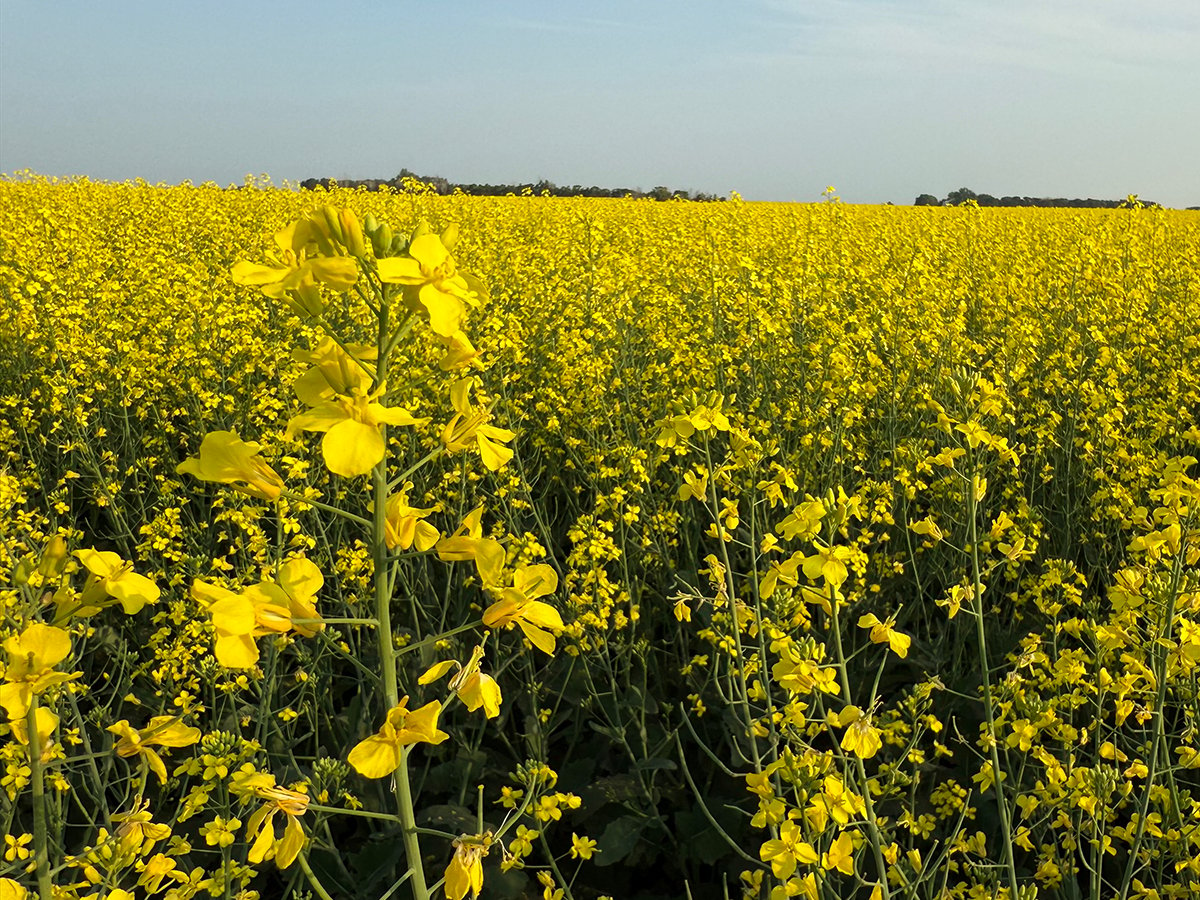The more the Canadian Wheat Board learns about the United States department of commerce’s anti-dumping investigation, the less it likes it.
The department last week published more details surrounding its May 2 ruling that in 2001-02 the board dumped wheat and durum into the U.S. for a lower price than it sold to buyers in Canada.
That resulted in a preliminary anti-dumping duty of 8.15 percent on durum wheat and 6.12 percent on hard red spring wheat.
Included in the information released last week was more detail about the department’s analysis of Canadian wheat growers’ costs of production.
Read Also

Canola council cuts field agronomy team
The Canola Council of Canada is cutting its agronomy team as part of a “refreshed strategic framework.”
That prompted even more criticism from the board about the way the U.S. department came to its guilty verdict.
“I’m still seething about it,” said CWB chair Ken Ritter. “It’s annoying, it’s disappointing and it’s frustrating.”
As part of its investigation, the U.S. commerce department gathered cost of production information from 27 prairie wheat and durum growers.
It then calculated their average cost of production and compared that with the price at which the board sold wheat and durum to Canadian processors.
Any sales that were made for less than the cost of production were thrown out.
By eliminating those low-value sales, that raised the average price at which the board sold to Canadian processors, thus increasing the likelihood that sales made in Canada would be higher than sales made in the U.S. That in turn made it more likely that the board would be found guilty of selling into the U.S. at a lower price than in Canada.
In a notice published in the U.S. Federal Register May 8, the department made a number of revelations about the cost survey that left wheat board officials puzzled and frustrated.
Among the board’s concerns, the U.S. department:
- Disallowed claims by nine of the farmers for payments received from crop insurance. The department said it was unclear to which year’s harvest the payments related, which crops were affected or whether the payments were based on market value or cost recovery.
- Disallowed claims for the cost of purchased livestock.
- Rejected labour costs reported by the farmers, which were based on a study done by the University of Saskatchewan. Instead, the department used labour estimates from provincial crop guides.
- Used what it called “adverse inferences” for the one farmer who refused to co-operate, and used the highest available cost estimates.
Aside from the cost of production issue, the board took issue with the fact that the department used an average selling price for the entire year rather than comparing sales prices on a day-to-day basis, and considered only sales of No. 1 and 2 CWRS and CWAD, ignoring that the board sells No. 3 to Canadian processors.
Again, elimination of lower priced sales in Canada made a guilty verdict more likely.
CWB spokesperson Maureen Fitzhenry said it shows how flawed and unfair U.S. trade legislation is.
“We expect the people involved are professionals who are going about this in an objective manner,” she said. “But the deck is stacked against you just because of the nature of the law.”
















